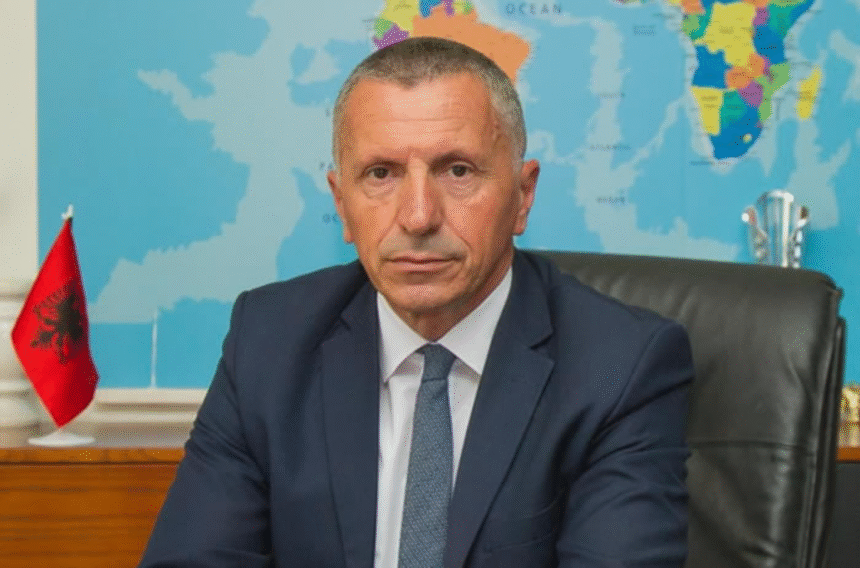Shaip Kamberi, the representative of Albanians in the Serbian Parliament, announced on Wednesday that he has submitted a request for the establishment of a special parliamentary commission to investigate the deaths of Albanian soldiers who served in the former Yugoslav People’s Army (JNA) during the 1980s.
Kamberi addressed this request to the Speaker of the Serbian Parliament, Ana Brnabić, at a time when Serbia is preparing to reintroduce compulsory military service.
In his request, Kamberi emphasized that there is concern in the Presheva Valley about the possible conscription of Albanian youth into the army, “since the past and its consequences still weigh heavily on the collective memory of Albanians.”
On his Facebook account, Kamberi called for the clarification of the deaths of 135 Albanian soldiers in the JNA ranks during the 1980s.
“Many of these cases, officially registered as ‘suicides,’ ‘accidents,’ or ‘disciplinary violations,’ were considered suspicious by the families of the victims, who often reported signs of violence on the returned bodies,” Kamberi said.
He stressed that the lack of independent investigations and transparency over these deaths has reinforced the belief that “we are dealing with ethnically and politically motivated killings, at a time when Albanians in the JNA faced discrimination, stigmatization, and open hostility.”
“This phenomenon has remained silenced and undocumented in Serbia’s public discourse, reflecting a serious lack of dealing with the past and ongoing institutional discrimination against Albanians,” he added.
According to Kamberi, if approved, the commission would also include representatives of civil society and the Albanian community.
The return of compulsory military service in Serbia
Kamberi underlined that the possible reintroduction of mandatory military service raises deep concerns among Albanians in the Preševo Valley due to the “painful historical experiences of discriminatory treatment and the tragedies suffered in the past by Albanian youth serving in the JNA.”
Serbia is home to more than 60,000 Albanians, who make up the country’s fourth-largest minority, according to the 2022 census.
Albanians in the Presheva Valley a term referring to the municipalities of Presheva, Medvegja, and Bujanoc in southern Serbia have consistently complained of discrimination. International reports describe the valley as highly isolated, often receiving attention only during election cycles.
Serbian authorities began working on reinstating mandatory service last year. In summer 2024, the Serbian government announced that the draft, abolished on January 1, 2011, would be reinstated in 2025.
This week, Serbian Army Chief of Staff, Milan Mojsilović, said the country has not abandoned this plan and that “intensive preparations” are underway.
He explained that significant funds have been invested in barracks and equipment, while the next step will be “adjusting the legal framework to what we want — 75 days of military service” before the Serbian Parliament passes a law on the matter.







